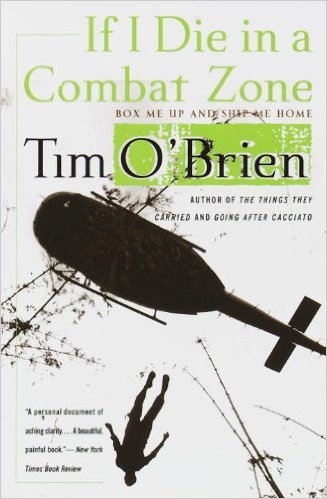What do you think?
Rate this book


"When you are ordered to march through areas such as Pinkville--GI slang for Song My, parent village of My Lai ... you do some thinking. You hallucinate. You look ahead a few paces and wonder what your legs will resemble if there is more to the earth in that spot than silicates and nitrogen. Will the pain be unbearable? Will you scream or fall silent? Will you be afraid to look at your own body, afraid of the sight of your own red flesh and white bone? You wonder if the medic remembered his morphine."
O'Brien paints an unvarnished portrait of the infantry soldier's life that is at once mundane and terrifying--the endless days of patrolling punctuated by firefights that end as suddenly and inconclusively as they begin; the mind-numbing brutality of burned villages and trampled rice patties; the terror of tunnels, minefields, and the ever-present threat of death. Powerful as these scenes are, perhaps the most memorable chapter in the book concerns his decision to desert just a few weeks before he was sent to Vietnam. "The AWOL bag was ready to go, but I wasn't.... I burned the letters to my family. I read the others and burned them, too. It was over. I simply couldn't bring myself to flee. Family, the home town, friends, history, tradition, fear, confusion, exile: I could not run." Tim O'Brien went into the war opposing it and came out knowing exactly why.
209 pages, Paperback
First published January 1, 1973







Can the foot soldier teach anything about war, merely for having been there? I think not. He can tell war stories.
“Now look here, damn it, the distinction is between war and peace,” Callicles said. “This here is war. You know about war? What you do is kill. The bomber pilot fries some civilians – he doesn’t see it maybe, but he damn well knows it. Sure, so he just flies out and drops his load and flies back, gets a beer and sees a movie.” .
